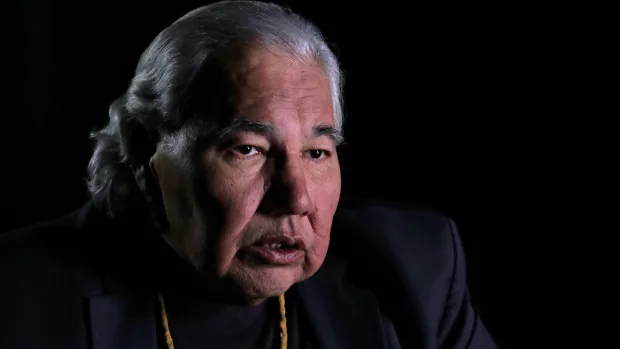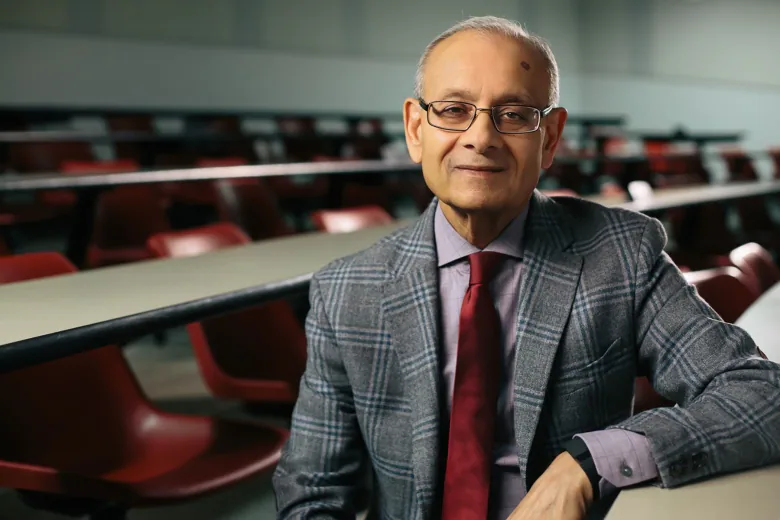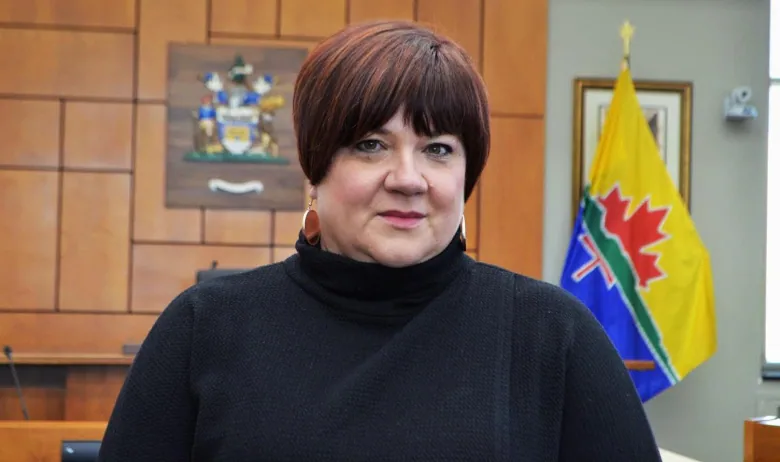
For the second time in four years, an independent panel has issued a report on policing in Thunder Bay, Ont., and at the same time, the expert panel’s chair revealed that a key training recommendation from 2018 never got off the ground.
The police board training module, set to be known as the Thunder Bay Model, was to have set a new standard for governing police services across Ontario.
But four years later, no such program exists.
Alok Mukherjee, chair of the nine-member expert panel recruited to restore faith in the Thunder Bay Police Services Board, said the training was never developed after Murray Sinclair recommended it in his 2018 report for the Ontario Civilian Police Commission (OCPC).
Mukherjee made the revelation just before the panel’s report to improve the state of policing in Thunder Bay was released Tuesday. It also calls for the Ontario government to develop new training for the police board.
The province discontinued a funding stream the Liberals had committed for Ontario Association of Police Services Boards (OAPSB) to develop training materials after the Progressive Conservatives were elected in 2018, Mukherjee said.
New members, who were appointed to the Thunder Bay police board in 2019 under the authority of provincially appointed administrator Thomas Lockwood, received some governance and Indigenous cultural training, Mukherjee said.
But he said the province didn’t fund the well-publicized second round of training Sinclair recommended and Lockwood championed, and that was to have been known as the Thunder Bay Model.
No funding or followup
“The followup never happened,” Mukherjee said. “That’s why we’re naming OCPC in terms of providing the training. OCPC needs to provide the funding for it. “The OCPC needs to make sure that the way the training ended, and wasn’t followed up on, doesn’t happen again because the issue of resources will always be there.”
Mukherjee said the result of not developing the Thunder Bay Model has resulted in a failure to effectively train police board members far beyond Thunder Bay.
“This is a live issue and it’s a topic of conversation of the Canadian Association of Police Governance and the provincial associations,” he said. “The board members find they’re thrown in and the knowledge of the [police] chief is here, and board members are scrambling to figure out how to deal with providing governance to someone who is very well resourced and trained — and they’re not.”

A spokesperson for the Ministry of the Attorney General declined an interview request from CBC News, but issued a written statement instead.
The statement said new regulations under the 2019 Community Safety and Policing Act will require all police board members to take mandatory training, which the province says it’s now developing with OAPSB.
“Our government is ensuring that police service board members have the appropriate training they need to effectively deliver on their responsibilities and duties,” the statement reads in part. “The Ministry of the Solicitor General is preparing the required training, taking the time to get our government’s updated policing legislation and its regulations right.”
Former chair says board was set up to fail
In April, less than two years after the first administrator’s term came to a close, the province appointed a second administrator, Malcolm Mercer, to take over the Thunder Bay board’s authority to govern local police.
At the time, Tribunals Ontario executive chair Sean Weir cited the board’s ineffectiveness and failure to adhere to Sinclair’s recommendations among the reasons Ontario needed to intervene again.
Following Mercer’s appointment, board chair Kristen Oliver and a majority of the five-person board resigned. But without the promised training and support, she said the board was set up to fail.
“We, as a board, were never part of the Sinclair investigation, yet we didn’t have a chance from the beginning,” Oliver said Wednesday in a written statement to CBC News. “We were excluded from decision-making and then accused of willful blindness and inaction. You can’t suck and blow at the same time.”

Michael Kempa, an associate professor of criminology at the University of Ottawa, said the decision to cut new training programs for Thunder Bay’s board makes the province directly responsible for that board’s continued dysfunction.
“Murray Sinclair’s recommendation that there be adequate training for the board in Thunder Bay is the lynchpin of his entire program for reform of that police services board and their police service,” Kempa said.
“To do everything else that Murray Sinclair recommended —remaking recruiting, remaking community policing, remaking interactions with the Indigenous community — none of that will be done properly without the training.
“The entire second collapse we now see in Thunder Bay is the direct result of a board being incapable of implementing the rest of the reform program because they never got the training,” he said.
Except for the Toronto Police Services Board, no police board in Canada is properly resourced or adequately trained to do the job, Kempa said.
He pointed to three decades of reports, dating back to the Ipperwash inquiry, that have recommended better training for police board members while governance problems persist in diverse communities of all sizes across the country.